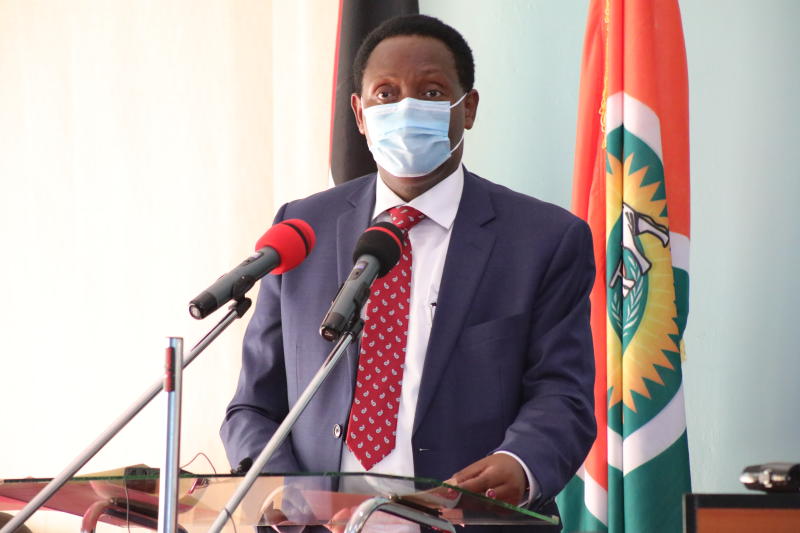×
The Standard e-Paper
Stay Informed, Even Offline

Taita-Taveta County Governor Granton Samboja [Renson Mnyamwezi, Standard]
Four main public hospitals in Taita Taveta will retain a portion of the funds they generate if Governor Granton Samboja approves new assembly proposals.